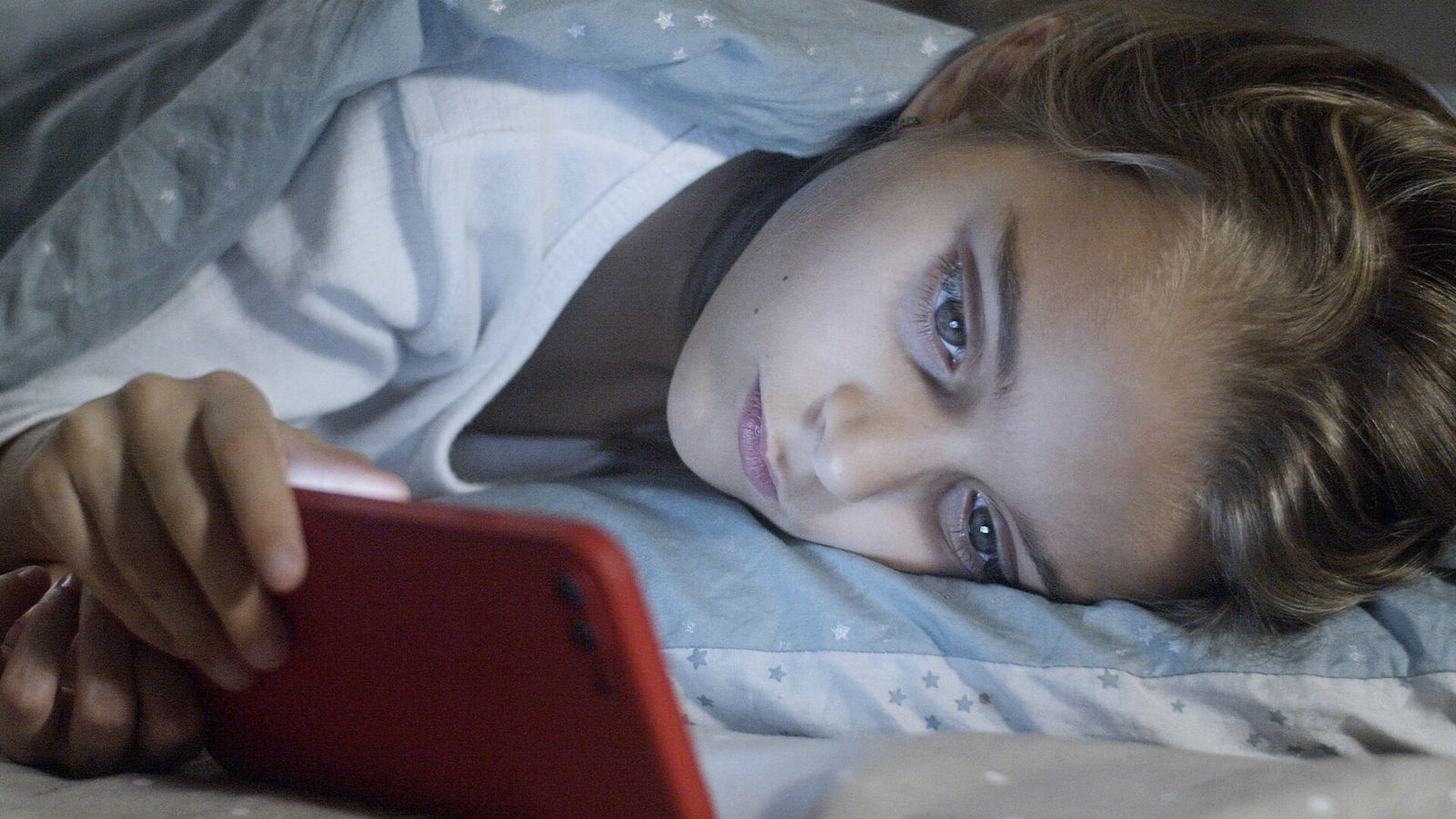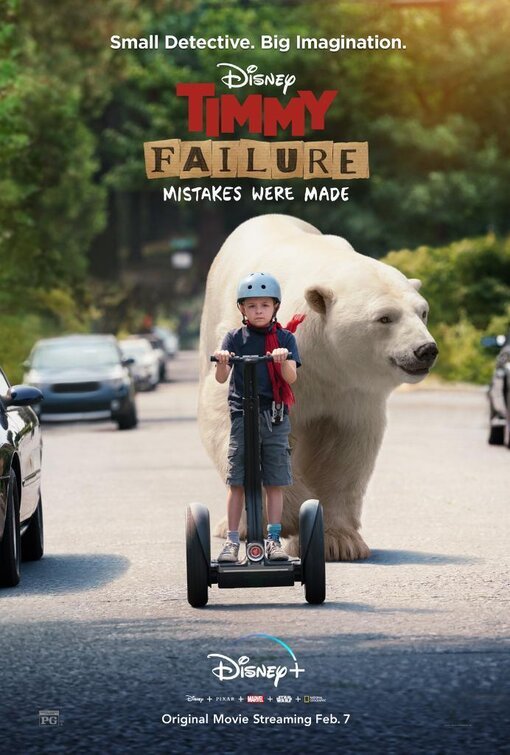
By Kayla DeKraker
Parents, are your kids turning to AI chatbots as a source of friendship? A recent study revealed a concerning number of children rely on the tech for companionship.
“One in eight children (12%) who use AI chatbots tell us they use them because they don’t have anyone else to speak to, rising to almost a quarter (23%) amongst vulnerable children who use AI chatbots,” a study from Internet Matters found.
Vulnerable children, who Internet Matters defines as “children who have an Education, Health and Care Plan (EHCP), who receive special educational needs (SEN) support, or who have a physical/mental health condition which requires professional help,” were found to be more susceptible to this type of behavior.
As far as those simply seeking friendship, 4% of children used AI to meet that need, while 16% of vulnerable children did so. Vulnerable children surpassed their peers in every interaction for AI use except in the area of help with schoolwork, where 44% of non-vulnerable children used AI compared to 36% of vulnerable children.
Related: ChatGPT Convinces Some People to Think They’re God
“AI chatbots are rapidly becoming a part of childhood, with their use growing dramatically over the past two years,” Internet Matters co-chief executive Rachel Huggins told the Times London. “Yet most children, parents and schools are flying blind, and don’t have the information or protective tools they need to manage this technological revolution in a safe way.”
She added, “While there are clearly benefits to AI, our research reveals how chatbots are starting to reshape children’s views of ‘friendship.’”
Society sadly is now in a place where, because of AI’s advanced capabilities, some children view it as “real people.”
“We’ve arrived at a point very quickly where children, and in particular vulnerable children, can see AI chatbots as real people, and as such are asking them for emotionally driven and sensitive advice,” Huggins explained. “Also concerning is that they are often unquestioning about what their new ‘friends’ are telling them.”
This isn’t the first time concern has been raised regarding children and AI. Assistant professor at the Harvard Graduate School of Education Ying Xu chimed in on the rising worru.
“There are so many questions, we don’t have answers yet,” she said. “When we talk about children’s ability to actually find answers and learn on their own and is using ‘hey’ to command or activate AI makes kids forget about politeness. And perhaps the most worrisome to a lot of people is whether children would become more attached to AI than to the people around them.”
As parents navigate the ever-changing world of AI, ensuring their kids have solid, real-world relationships will become increasingly more important.
Read Next: Is ChatGPT Use Becoming More Common Among School Kids?
Questions or comments? Please write to us here.


 - Content:
- Content: 

